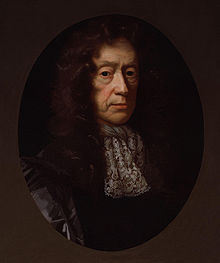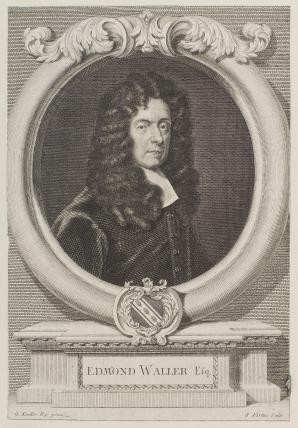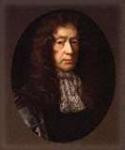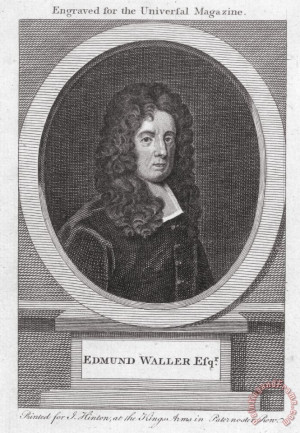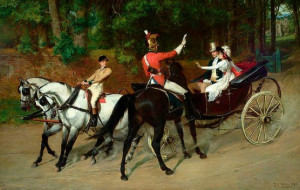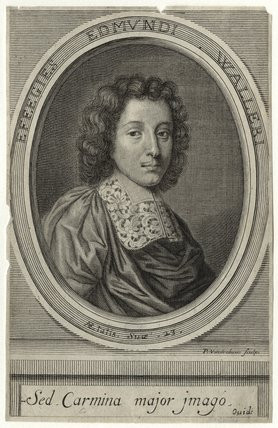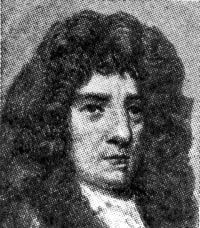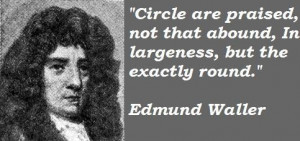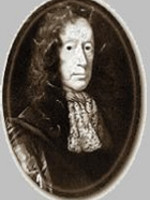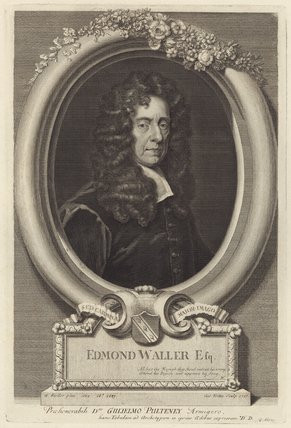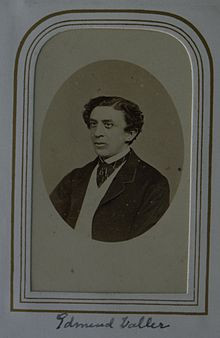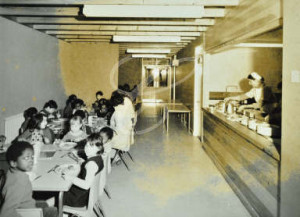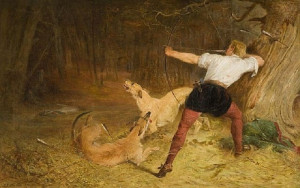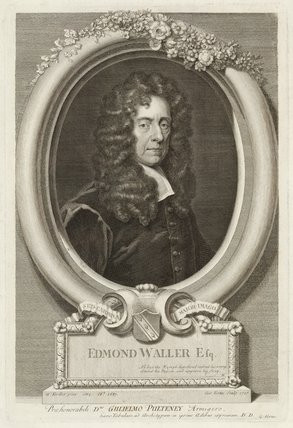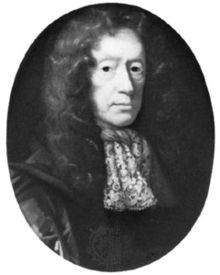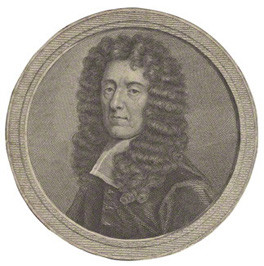Edmund Waller — English Poet born on March 03, 1606, died on October 21, 1687
Edmund Waller, FRS was an English poet and politician who sat in the House of Commons at various times between 1624 and 1679. He was educated at Eton and King's College, Cambridge. He entered Parliament early and was at first an active member of the opposition. In 1631 he married a London heiress who died in 1634. Later he became a Royalist, and in 1643 was leader in a plot to seize London for Charles I. For this he was imprisoned, fined, and banished. He made his peace with *Cromwell in 1651, returned to England, and was restored to favour at the Restoration. After the death of his first wife he unsuccessfully courted Lady Dorothy Sidney, the 'Sacharissa' of his poems; he married Mary Bracey as his second wife in 1644. Waller was a precocious poet; he wrote, probably as early as 1625, a complimentary piece on His Majesty's Escape at St Andere in heroic couplets, one of the first examples of a form that prevailed in English poetry for some two centuries. His verse, much of it occupied with praise of Sacharissa, Lady Carlisle, and others, is of a polished simplicity; *Dryden repeatedly praised his 'sweetness', describing him as 'the father of our English numbers', and linking his name with Denham's as poets who brought in the *Augustan age. His early poems include 'On a Girdle' and 'Go, lovely rose'; his later Instructions to a Painter and 'Of the Last Verses in the Book', containing the famous lines, 'The Soul's dark cottage, battered and decayed, I Lets in new light through chinks that time hath made.' His Poems first appeared in 1645, Divine Poems in 1685, and Poems,... (wikipedia)
